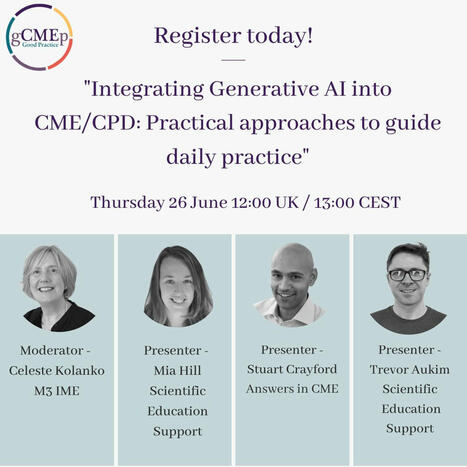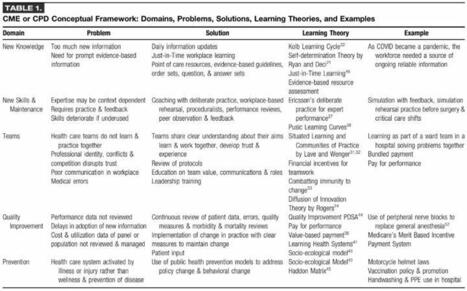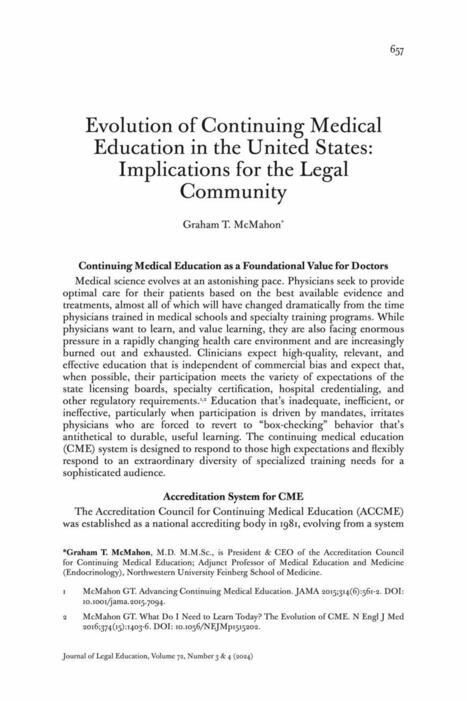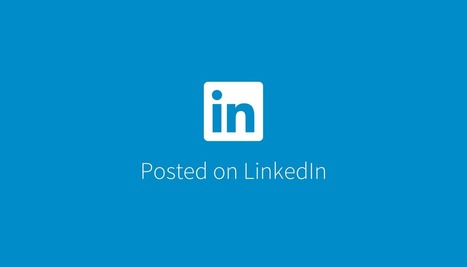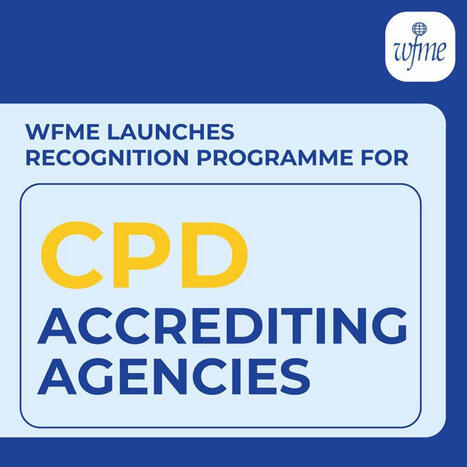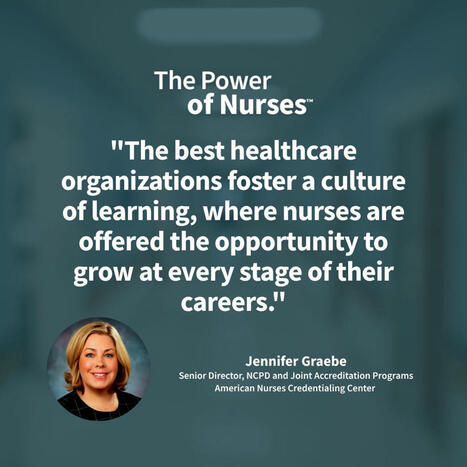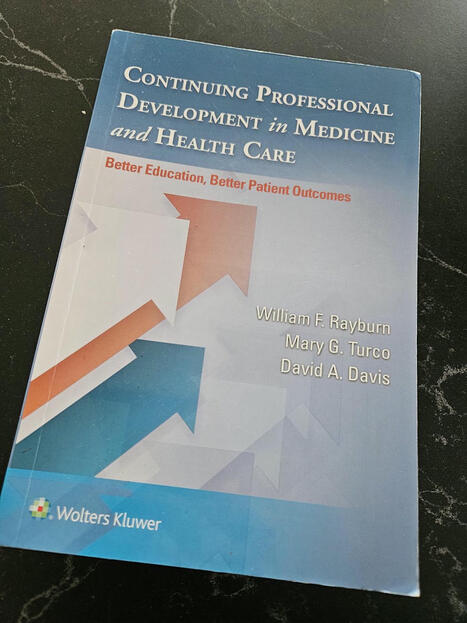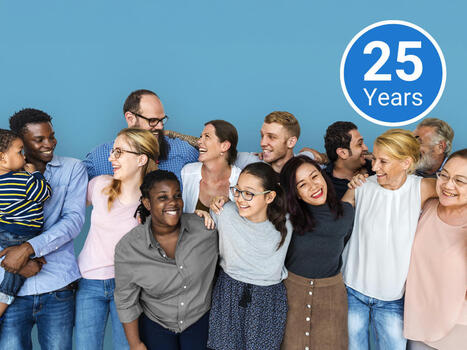Clinical Practice Points Clinical Outcomes Associated With Sickle Cell Trait. A Systematic Review In the United States, 2.5 million to 3 million persons live with sickle cell trait (SCT), including an estimated 6% to 9% of the African American populations. Is SCT a benign carrier state? This systematic review examines evidence regarding risks for 24 adverse clinical outcomes in children and adults with SCT. Use this study to: Ask your learners why SCT is so common. Ask a hematologist to review the blood smears of patients with sickle cell anemia and SCT with your team. How does SCT come to the attention of medical providers? In what clinical situations is the finding of SCT relevant? Ask your learners what risks of SCT are. What does this review find? How would your learners counsel a patient with SCT who inquires about the importance of this trait for her or his health? Should it alter his or her care or behavior? The Next Stage of Buprenorphine Care for Opioid Use Disorder This special article addresses current evidence and recommendations regarding buprenorphine care for opioid use disorder. It debunks prior thinking regarding the use of buprenorphine (e.g., that it cannot be safely started at home or used in combination with benzodiazepines, and that patient relapse indicates treatment failure). Use this paper to: Ask your learners when buprenorphine therapy is indicated. When is it contraindicated? When indicated, how should it be started? Read each of the “Previous approach” statements to your learners. How do they respond to each? Then, review what the authors say current practice and recommendations should be. The authors note that a requirement for traditional counseling is ill advised. Why? Use the accompanying editorial to help frame your discussion. Ask your learners who may prescribe buprenorphine. Who provides buprenorphine care at your institution, and how should your learners arrange for the care of a patient in need? Invite a specialist in opioid use disorder treatment to join your discussion. Annals Graphic Medicine - Paused This comic (yes, a comic!) visually captures the experience of a patient with menopausal symptoms. Use this feature to: Start a teaching session with a multiple-choice question. We've provided one below! Ask your learners to list the possible symptoms of menopause. Which are more common? Which might be overlooked? Use the information in DynaMed Plus: Menopause, a benefit of your ACP membership. Do your learners ask patients about menopausal symptoms? Is testing required to diagnose menopause? What options are available for treatment of vasomotor symptoms? How do menopausal symptoms affect a patient's quality of life? What do your learners tell their patients about the likely duration of menopausal symptoms? In the Clinic In the Clinic: Nonalcoholic Fatty Liver Disease Nonalcoholic fatty liver disease (NAFLD) has significantly increased in prevalence in parallel with increasing obesity and is now the most common cause of chronic liver disease in the United States and worldwide. With increasing rates of obesity and metabolic syndrome, NAFLD is now the leading cause of liver enzyme abnormalities in the United States. Do your learners know how to recognize it, why it is important, and how to manage patients? Use this feature to: Ask your learners how NAFLD is defined. How does it differ from nonalcoholic steatohepatitis, and why is the distinction important? Use Table 1 to help. Who is at risk for NAFLD? How is the diagnosis made? Are there symptoms? What is the differential diagnosis? What testing should be considered, and why? Use Table 2. When should liver biopsy be considered? How should patients with NAFLD be managed? When should a gastroenterologist be consulted? Log on to answer the multiple-choice questions and earn CME/MOC credit for yourself! Use the questions to help introduce topics for teaching. Practicing Medicine Compensation Disparities by Gender in Internal Medicine This brief research report evaluated physician compensation by gender among American College of Physician internists. Use this study to: Ask your learners whether they believe women and men receive equal pay for equal work in fields other than medicine. What about physicians who practice internal medicine and its subspecialties? What did this study find? Are your learners surprised? What do your learners think are the potential reasons for the lower median compensations to women than men? What barriers continue to impede remedying the long-recognized discrepancy in pay? What remedies do your learners think are needed? Use the accompanying editorial to help frame your discussion. How will these issues affect your learners when they apply for and accept positions following their training? How should they approach the issue when discussing payment with potential employers? To whom may your learners turn for advice? Ten Principles for More Conservative, Care-Full Diagnosis Physicians must navigate a balance between under- and overdiagnosis, both of which may harm patients. The authors discuss core principles to help find this balance and foster a thoughtful, patient-centered, more conservative approach to diagnosis. Use this paper to: Ask your learners what factors contribute to over- and underdiagnosis. Why is each potentially harmful? The authors emphasize that we need to accept uncertainty as part of the diagnostic and caring process. Why? In what way must we “rethink symptoms”? Do your learners agree? How might the approach advocated by the authors help to improve diagnostic approaches and patient care? MKSAP 17 Question A 54-year-old woman is evaluated for severe hot flushes that started about 12 months ago. They occur several times each night, waking her from sleep. They also occur throughout the day, disturbing her concentration at work. She reports being tired with emotional lability. She does not feel depressed but is very frustrated by her symptoms and moodiness. She also reports vaginal dryness with intermittent dyspareunia and is using lubricants with minimal relief. She does not have dysuria and has not noted any abnormal vaginal discharge. She has tried black cohosh, yoga, and increased exercise, but her discomfort persists. Medical history is otherwise significant for hypertension and negative for thromboembolism or cardiac disease. She underwent hysterectomy 5 years ago for fibroids. She is up to date with scheduled health screening interventions, including mammography. Her only medication is hydrochlorothiazide. On physical examination, blood pressure is 136/80 mm Hg, and her other vital signs are normal. Speculum examination shows pale vaginal mucosa with decreased rugae. The remainder of the physical examination, including the breast examination, is normal. Which of the following is the most appropriate treatment? A. Oral estradiol-progestin B. Oral progestin C. Transdermal estradiol D. Vaginal estradiol Correct Answer C. Transdermal estradiol Educational Objective Treat severe menopausal vasomotor symptoms in a woman whose uterus has been removed. Critique Transdermal estradiol without a progestin is the most appropriate choice for this patient with severe vasomotor symptoms of menopause that are refractory to conservative treatment and are affecting her quality of life. Systemic estrogen improves both hot flushes and genitourinary symptoms. She has had a hysterectomy and therefore does not require the use of a progestin to oppose the proliferative effects of estrogen on the endometrium, making therapy with estrogen alone an appropriate treatment option. The use of hormones to treat menopausal symptoms requires balancing potential benefits and risks, and an individualized risk profile must be considered. This patient is recently menopausal, younger than 60 years, and does not have a history of thromboembolism or cardiac disease or have an increased risk for breast cancer. Treatment with systemic estrogen would be a reasonable choice and can be administered orally or transdermally by patch, gel, or spray. There is some evidence that transdermal estrogen may be associated with less thromboembolic risk than oral estrogen by avoiding the hepatic first-pass effect. All formulations are equally effective for treating vasomotor symptoms. Current evidence does not support the use of progestin alone to treat vasomotor symptoms. Although progestins may improve vasomotor symptoms, safety data for progestin alone are lacking. Also, in the Women's Health Initiative, the risk of breast cancer was increased in the estrogen and medroxyprogesterone acetate arm, but not in the estrogen-alone arm, raising concern that the risk of breast cancer may be related to progestin use. Therefore, a progestin alone is not the most appropriate choice for the management of vasomotor symptoms. Vaginal estradiol therapy is useful in treating menopausal genitourinary symptoms, including dryness, itching, dysuria, and dyspareunia. However, local topical treatment does not alleviate vasomotor or other systemic menopausal symptoms. In this patient who has both vaginal symptoms and severe vasomotor symptoms, vaginal treatment alone would not be adequate. Key Point In women without a uterus taking systemic estrogen therapy for management of menopausal symptoms, concurrent progestin is not indicated. Bibliography ACOG Practice Bulletin No. 141: management of menopausal symptoms. Obstet Gynecol. 2014 Jan;123(1):202-16. Do you like reading Annals for Educators? Receive it direct to your inbox. Sign up for the Annals for Educators alert today.

|
Scooped by
Gilbert C FAURE
onto CME-CPD November 8, 2018 11:21 AM
|
No comment yet.
Sign up to comment




 Your new post is loading...
Your new post is loading...

